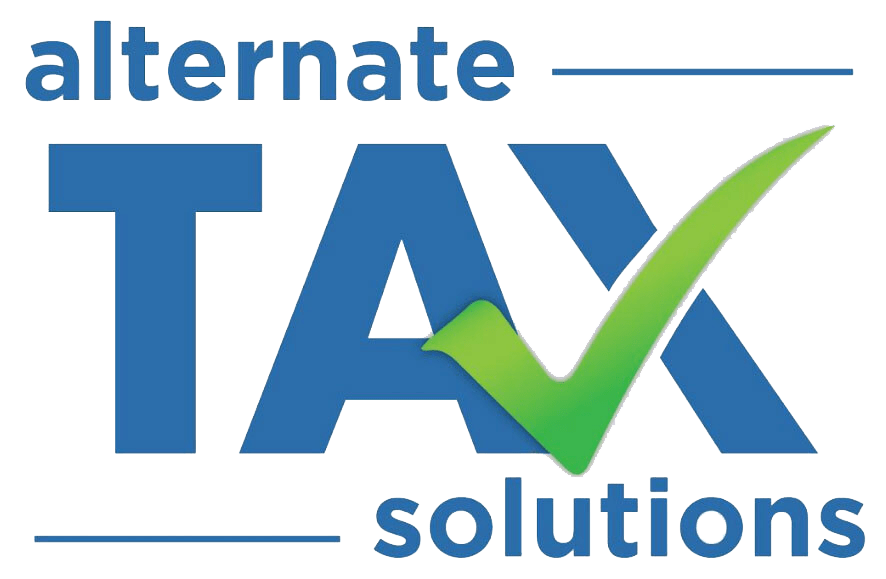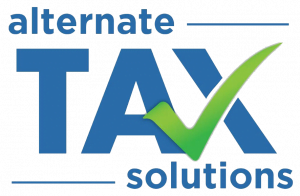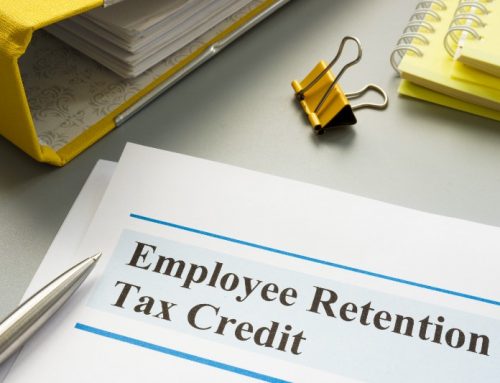The R&D Tax Credit is without question one of the biggest and most rewarding tax savers that exists today. Over the past decade, the R&D Credit has been strengthened through legislation and tax court rulings. As a result, businesses of all sizes have begun to take advantage of this tax strategy. However, some companies often end up paying 25%-33% of their savings to third-party providers and receive inadequate service to boot. This article harnesses our experiences with other service providers in the field to attempt to highlight pitfalls to avoid when seeking out R&D Credit advisory.
Key takeaways:
- R&D Tax Credit advisory experts allow taxpayers to maximize their credit potential and defend R&D positions under IRS audit.
- Taxpayers need to beware of any service arrangement that makes provider fees contingent on credit amounts.
- Taxpayers should evaluate existing R&D Credit vendor relationships to determine if fee structures are becoming cost prohibitive.
- Credit advisors should develop intimate knowledge of a taxpayer’s R&D operations and personnel to increase the odds of success under audit.
- Taxpayers should evaluate the service level provided by R&D Credit advisory firms as compared to the fee.
Claiming these tax credits requires navigation through the myriad of tax code guidelines and court precedent that define what can be claimed as R&D and what cannot. This is why firms like ours exist– to help companies claim R&D Tax Credits that are defensible to the IRS. As the years have progressed, a number of R&D Credit service providers have emerged. However, not all R&D Credit providers are the same. Fee structures, return on investment, and level of service vary greatly within this industry.
It is important for anyone obtaining R&D Tax Credit consulting services to compare the relationship with their vendor with that of the industry. There is no question that it is necessary to hire a consulting firm with expertise in the complexities of this portion of the tax code to help identify and substantiate qualified research expenses. The question is how much should you pay for such services?
There are a number of vendors in the R&D Credit advisory space that make their pricing contingent on how much they can save your company. While IRS rules prohibit a contingency arrangement, some providers find a workaround by using price caps and high hourly billings. At ATS, it is not uncommon for us to hear businesses say that they have paid up to 33% of their tax savings to the firm that identified the research expenses. To defend credit claims should an audit ever arise, many R&D providers also charge additional fees.
A 3 to 1 return on investment may give some businesses pause in assessing whether or not claiming the credits is worth the cost. This is NOT what congress had in mind when they created this incentive. Any arrangement that provides incentive for the R&D Credit provider to find more credits and makes a taxpayer question whether or not claiming the credit is cost prohibitive should be re-examined.
Businesses should also examine the quality of work and level of service provided by their vendor. R&D Credits are examined on occasion by IRS auditors. Given this underlying risk, businesses should ask the following question: If your company’s R&D Tax Credit claim were audited tomorrow, are you confident that your R&D Credit provider has an intimate enough knowledge of your R&D operations and has provided adequate documentation to answer the IRS’s questions?
Too often we see companies that have sought out our services because their existing vendor has not provided the level of service needed to answer that question in the affirmative. Any R&D Credit claim that is filed based on questionnaires and high-level financial reviews may not have the information needed to answer specific IRS questions.
In regard to quality of service, we believe that a successful R&D engagement involves not only the business but also their CPA or tax advisor. A spreadsheet with R&D Credit information is no good to a company if its CPA has questions as to how the credit should be applied and filed. Guidance on the application of the credit on the tax returns of the corporation and its shareholders should not generate additional fees from the vendor. Quality R&D Credit services should provide a pro-forma Form 6765, forms required to complete state-level R&D Credits, and guidance on how to apply these credits to the returns.
Please note that any conclusions drawn in the paragraphs above are opinions garnered from years of experience in the R&D Tax Credit service provider space. Alternate Tax Solutions prides itself on high-quality, professional service at a reasonable price. Our clients often realize between a 7 to 1 and 18 to 1 return on investment when looking at their benefit in contrast to our fee. Our team gains an intimate understanding of a taxpayer’s business and RD operations, which allows us to explain with nuance how the company meets the legal requirements behind the credit.
As the use of the R&D Credit expands, businesses should identify how much they are willing to pay and what level of service they expect from their credit providers. If you believe you are paying too much for R&D Credit services, or you feel that your current service levels are inadequate, ATS would be happy to perform a no-cost, no-obligation analysis to determine if your company qualifies for an R&D tax credit and if so, how much your potential tax benefit will be.
If you have questions about R&D tax credits and need answers from our experts, please contact us via the form below, contact page or call (401) 949-5200.





